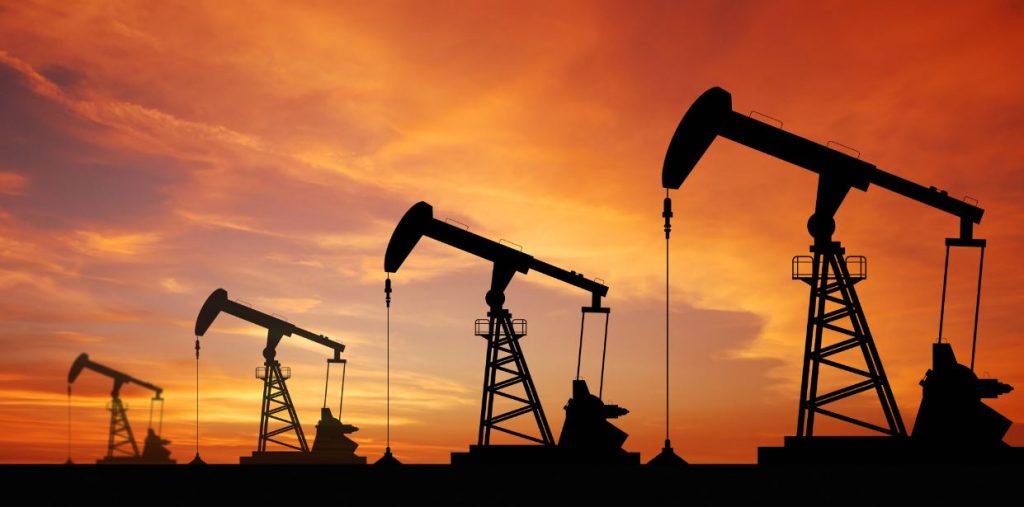This year begins on a bad note, with the GCC construction market being a lot quieter and flatter than 2015, but there is still some good news. Unlike the major slowdown in 2008, this time the markets are more mature and better prepared for the rough patch.
The slowdown begun in 2014 with the strong and negative impact of declining oil prices.
In the UAE, Alan Robertson, CEO of JLL MENA, says that 2016 is expected to see more challenging conditions as we begin to feel the impact of the continuing fall in oil prices and ongoing geopolitical tensions leading to reduced liquidity, and pressure on government budgets.
Buildings global business leader at Arcadis Middle East Ian Williamson adds that when it comes to oil, the growing uncertainty over prices will inevitably have a short to medium-term impact on the GCC construction industry. Though he admits that the region’s major commercial centres, Dubai and Doha, have remained stable – “at least for the time being”.
In fact, Dubai and Doha have been ranked as some of the least expensive cities in the world when it comes to building cost according to Arcadis’ recent report, International Construction Cost Index. Regionally, however, both cities are in the top three of expensive cities for construction, Doha ranking top, followed by Jeddah and Dubai, respectively.
Williamson explains that 2016 could be a challenging year for construction, as the steep fall in the price of oil has made investment programmes across the region quite uncertain.
Robertson reasons that whilst this overall scenario will naturally impact the UAE and wider GCC region, the UAE real estate market is now better equipped to deal with such challenges than it has ever been.
He explains that with subsidy cuts, reduced spending and the potential introduction of a Goods and Services Tax (GST), the government is already realigning its strategy to further reduce its reliance on oil revenues. “2016 is likely to be a more challenging year for the UAE real estate market than 2015, but it must be recognised that the overall economy is still expected to grow at around 2.7%, so there remain opportunities as well as challenges.”
Williamson maintains that this could be a good time for the government, funders, and developers to capitalise on their investment ambitions. “As declining commodity prices, low labour rates and highly competitive construction market have given rise to more potential opportunities across newly-affordable markets.”
Unlimited progress
Even though the region is going through a major shift, there are still one of the most anticipated projects in the pipeline as UAE and Qatar sets up to host international events including the World Expo 2020 and the FIFA World Cup 2022.
In addition according to Arcadis’ report, over the next ten years Doha is set to spend $150bn on roads, railways, stadiums and ports, as well as hospitality and social infrastructure. While in Dubai there are numerous mega projects in the pipeline that don’t exhibit any signs of slowing down. Some of those projects include the $1.4bn Atlantis hotel expansion, the Burj 2020 development, and the Route 2020 metro link for the Expo site.
According to business intelligence firm MEED, the GCC construction sector remains to be a “bright spot” with $2.65bn worth projects in the pipeline.
Head of research at JLL MENA Craig Plumb says that stakeholders involved need to consider a range of new strategies to realign themselves and accept new realities. “Despite softening demand across many sectors of UAE real estate there remain significant opportunities for those willing to embrace the new trends offered by an increasingly mature and sophisticated market.”
The analyst stresses it is important to recognise that while the pace of economic growth in 2016 is expected to be below than that seen in 2013 and 2014, it remains in line with that seen in 2015. In short, “the market may be slowing but it is still growing.”

